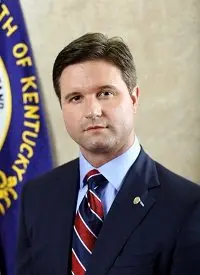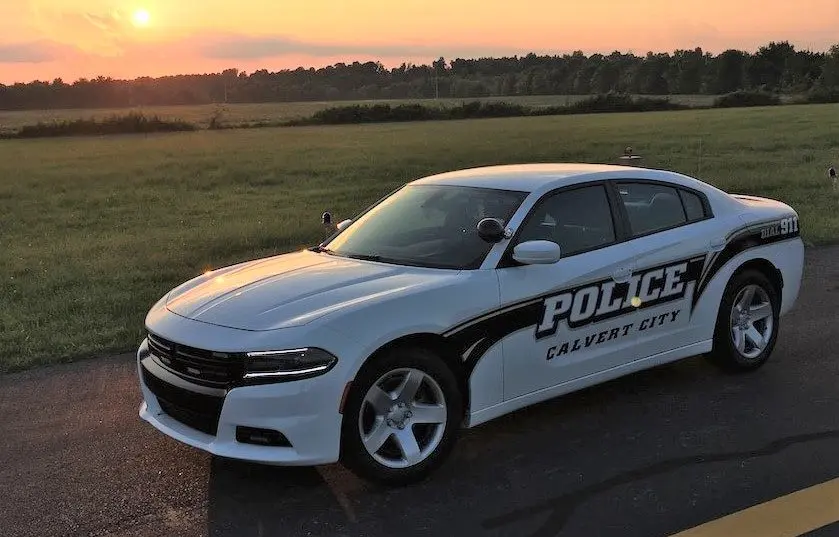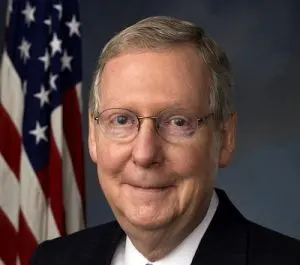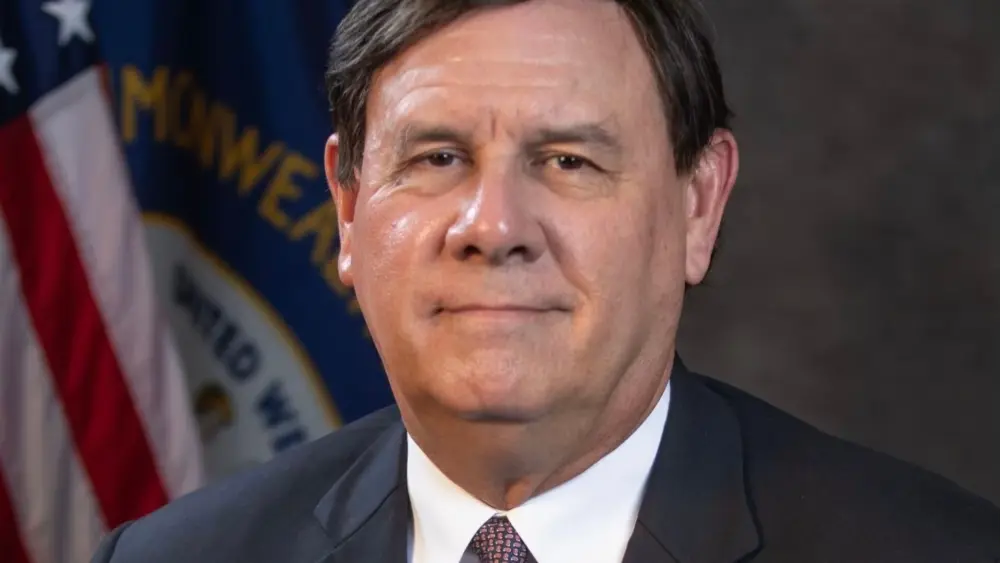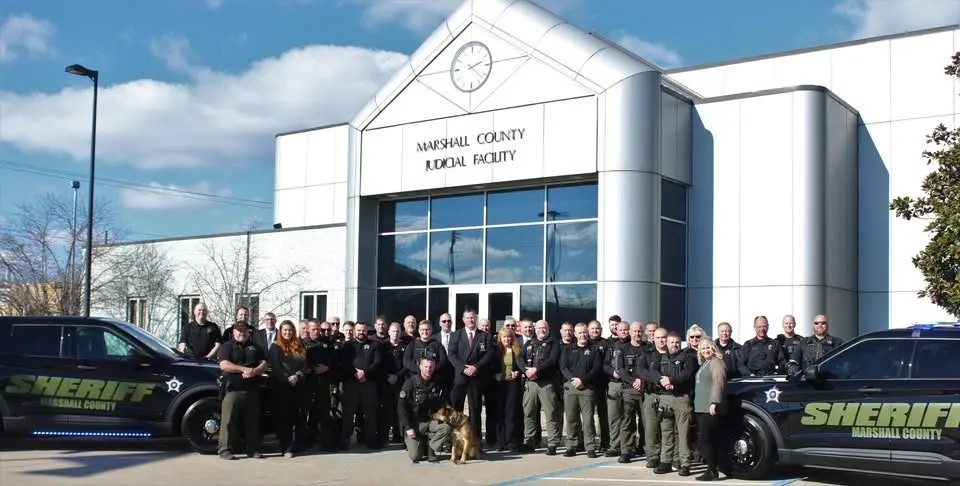FRANKFORT - A quarter-century ago, Kentucky had nowhere to go but up when it came to
the education levels of adults 25 and older.
Only two-thirds had graduated from high school, and less than a sixth
had earned a bachelor's degree. No state had a lower combined
percentage.
We're not where we want to be, but times have certainly improved.
According to the University of Kentucky's Gatton College of Business and
Economics, we're now at the national average in the percentage of
working-age adults with a high school degree - and another report shows
our current graduation rate ranks among the top 10 states, indicating an
even brighter future.
Increasing the number of working-age adults with a college education is
proving to be more of a challenge, however. While we exceed the
national average when measuring those having a two-year associate's
degree, there is still a considerable lag in the percentage having a
four-year degree. Nationally, the rate is one-third, but it's
one-fourth here in the commonwealth.
Closing that gap would make a tremendous difference. Last fall, the
Gatton College estimated that state revenues alone would rise by $900
million if we just met the national average in postsecondary education.
Nearly half of the total would be from increased wages and most of the
rest would come from expected savings within Medicaid and such other
assistance programs as food stamps.
Several years ago, state officials decided that it was time to take a
much more in-depth look at just how many high school students go on to
college - and succeed.
Last month, the Kentucky Center for Education and Workforce Statistics
gave its latest annual reports on the progress we're making in these two
areas.
It found that nearly 44,000 seniors graduated in 2014 and just a little
more than 60 percent went on to some form of higher education in the
fall, with nearly all attending full-time. Compared to their
counterparts from several years earlier, they were much more college and
career ready.
Nonetheless, not many were destined to earn at least 30 hours of college
credit, which is considered a full course load over a year. The
center's second study, which focused on the Class of 2013's success as
college freshmen, found that less than 20 percent earned that much
credit.
The center's studies also showed there is a growing divide between men
and women working on a postsecondary degree. Nearly 70 percent of
females graduating high school in 2014 went on to college, versus 52
percent of male graduates.
During this year's legislative session, the House led the way in trying
to improve all of these numbers. Our chief focus was passing the new
Work Ready Kentucky Scholarship Program that would enable graduating
high school seniors to get their two-year college degree tuition-free.
While the legislation establishing this was unfortunately vetoed, there
is funding in the budget's second year, meaning that it will exist at
least in some capacity.
The House also fought to limit budget cuts to higher education and to
preserve more lottery funds for financial aid as part of what is called
the "Powerball Promise." On the positive side, there is more money for
high school students enrolled in college courses, which is known as dual
credit, and for coal-county scholarships that for several years now have
helped students in these regions finish their bachelor's degree close to
home.
We have come a long way over the past quarter-century, but we risk
losing these gains if we don't better fund our colleges and
universities. We can't expect to compete with other states, much less
other countries, if we don't make this more of a priority investment.
It's a lesson we better learn - and quickly.
If you would like to let me know your thoughts on this issue, or any
other, you can write to me at Room 351A, Capitol Annex, 702 Capitol
Avenue, Frankfort, KY 40601; or you can email me at
Will.Coursey@lrc.ky.gov<mailto:Will.Coursey@lrc.ky.gov>.
To leave a message for me or for any legislator by phone, please call
800-372-7181. For those with a hearing impairment, the number is
800-896-0305.
I hope to hear from you soon.


